
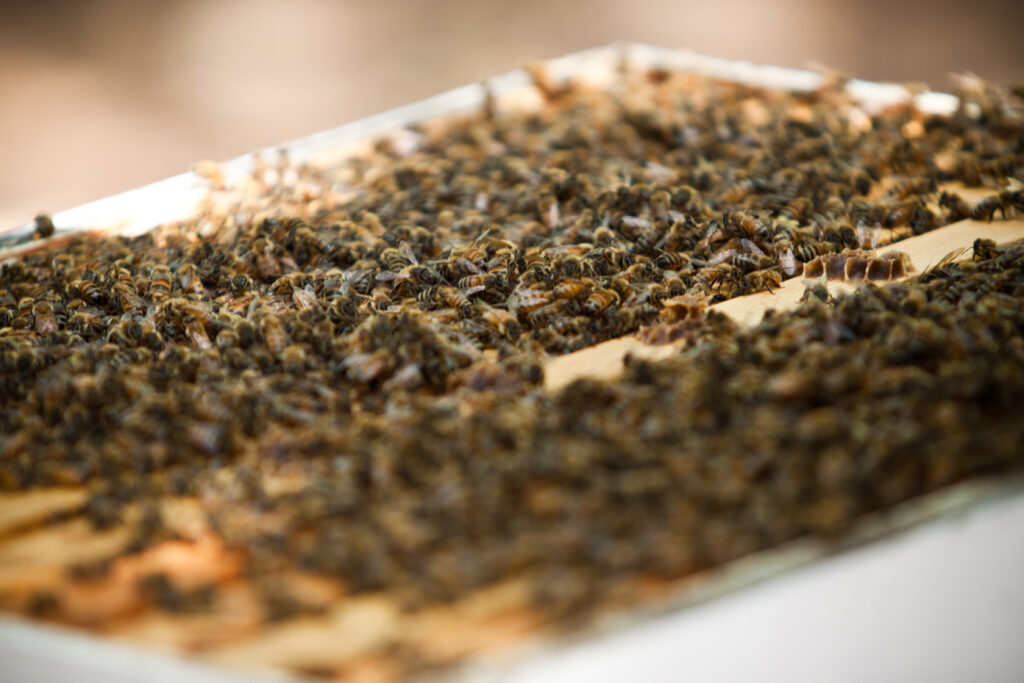
Mission
The mission of the Honey Bee Research and Extension Laboratory (HBREL) is to advance our understanding of managed and wild honey bees globally, with the goal of improving the health and productivity of managed honey bees everywhere. We address this goal by conducting basic and applied research projects on honey bees, communicating our findings to assorted clientele groups through diverse extension programming, and training future generations of bee educators, researchers, conservationists, and more.
Meet the Team
The World Honey Bee Health team is composed of current or former members of the University of Florida Honey bee Research and Extension Laboratory in Gainesville, Florida, USA.
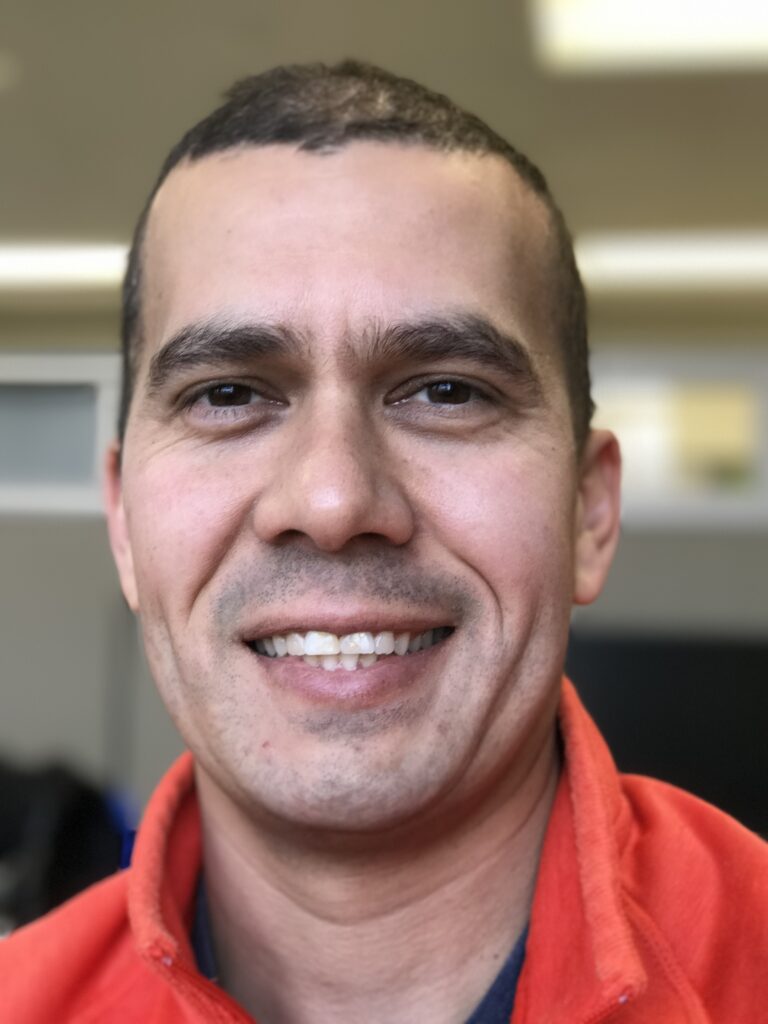
Humberto Boncristiani
Research Scientist
Dr. Humberto Boncristiani is the honey bee husbandry applied researcher at the University of Florida Honey Bee Research and Extension Lab. Dr. Boncristiani has a diverse background in honey bee research, having worked in a government institution (USDA), academia (UNCG, UMD), private industry, with the National Research Council, and having come from a beekeeping family. At the Honey Bee Research and Extension Lab, Dr. Boncristiani conducts honey bee husbandry research that is directly applicable to commercial beekeeper operations in the state of Florida and across the country. He is also the founder of InsideTheHive.TV a YouTube channel dedicated to bees
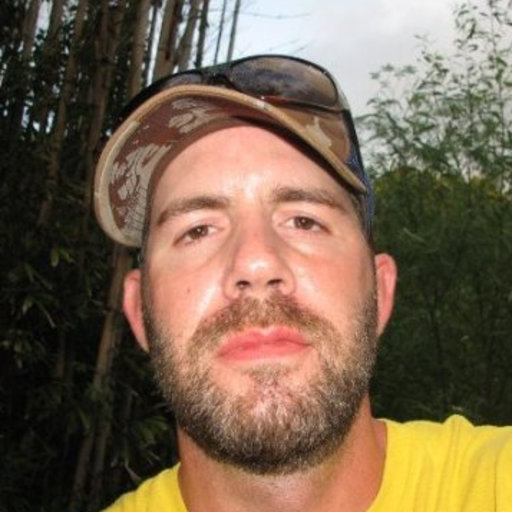
Jason Grahan
Research entomologist
Dr. Jason Graham completed his MS and PhD in the UF Honey Bee Research and Extension Lab 2006-2013. As a post doctoral researcher at University of Hawaii, Dr. Graham studied endangered Hawaiian yellow-faced bees, developing conservation methods and spreading awareness about their decline. He is now principal investigator for the Pollinators in Paradise project, supported by Disney Conservation Funds through a partnership with the Bishop Museum in Honolulu.
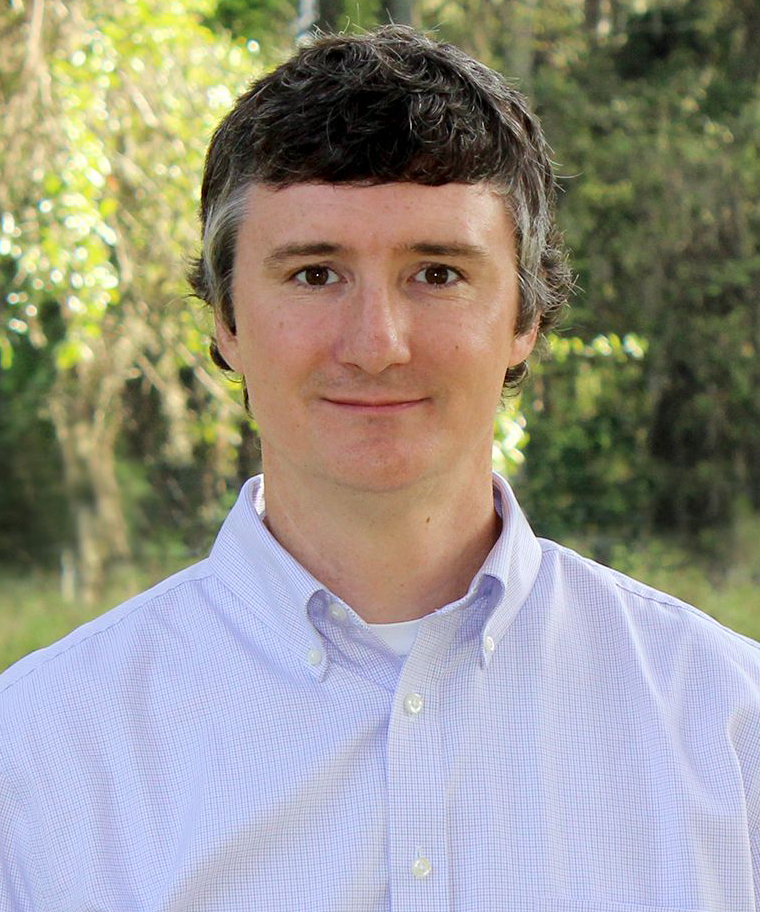
Jamie Ellis
Professor
Dr. Jamie Ellis is the Gahan Endowed Professor of Entomology in the Entomology and Nematology Department at the University of Florida. At the University of Florida, Ellis has responsibilities in extension, instruction, and research related to honey bees. Regarding his extension work, Ellis created the UF, South Florida, and Caribbean Bee Colleges, and the UF Master Beekeeper Program. As an instructor, Ellis supervises Ph.D. and masters students in addition to offering an online course in apiculture. Ellis and his team conduct research projects in the fields of honey bee husbandry, conservation and ecology, and integrated crop pollination.
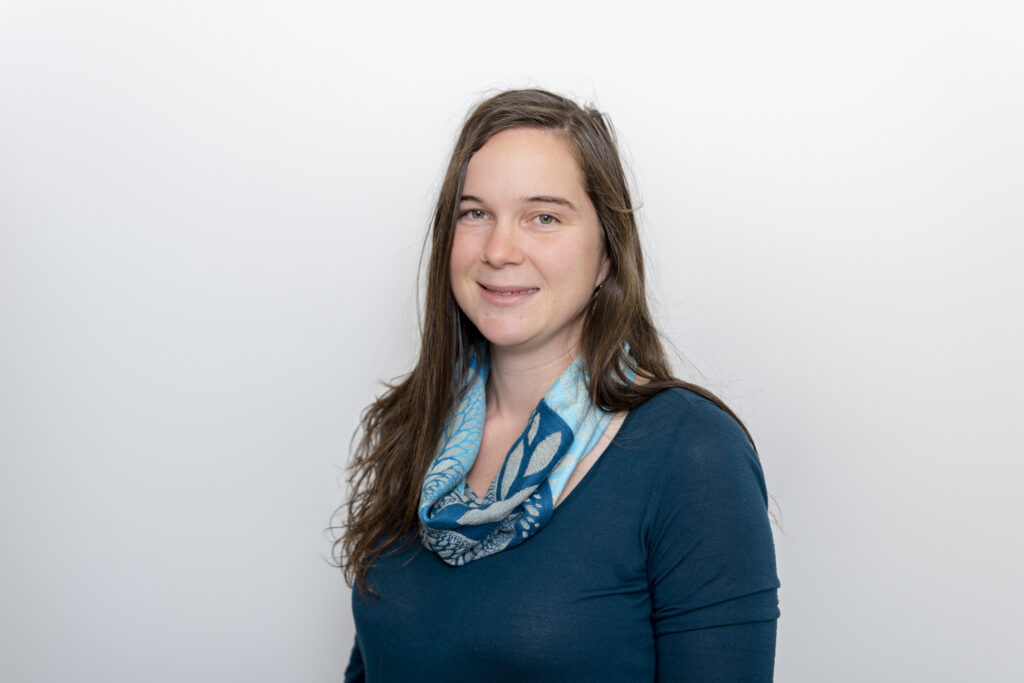
Ashley Mortensen
Research entomologist
Ashley Mortensen is Senior Scientist at the New Zealand Institute for Plant and Food Research. Her research focuses on honey bee behavior and biology. She strives to combine laboratory studies that investigate specific relationships between individual bees and their environment with field studies that investigate the broader relationship between the colony as a whole and the environment.
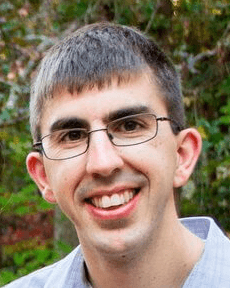
Daniel Schmehl
Research entomologist
Dr. Dan Schmehl is a senior ecotoxicologist and pollinator specialist at Bayer CropScience. Dan served as a post-doc in Jamie’s laboratory from 2013-2014. His expertise are: honey bee husbandry, pollinator ecotoxicology, and Varroa. His primary responsibility is to conduct environmental risk assessments aimed at reducing non-target effects of pesticides to pollinators and other species.
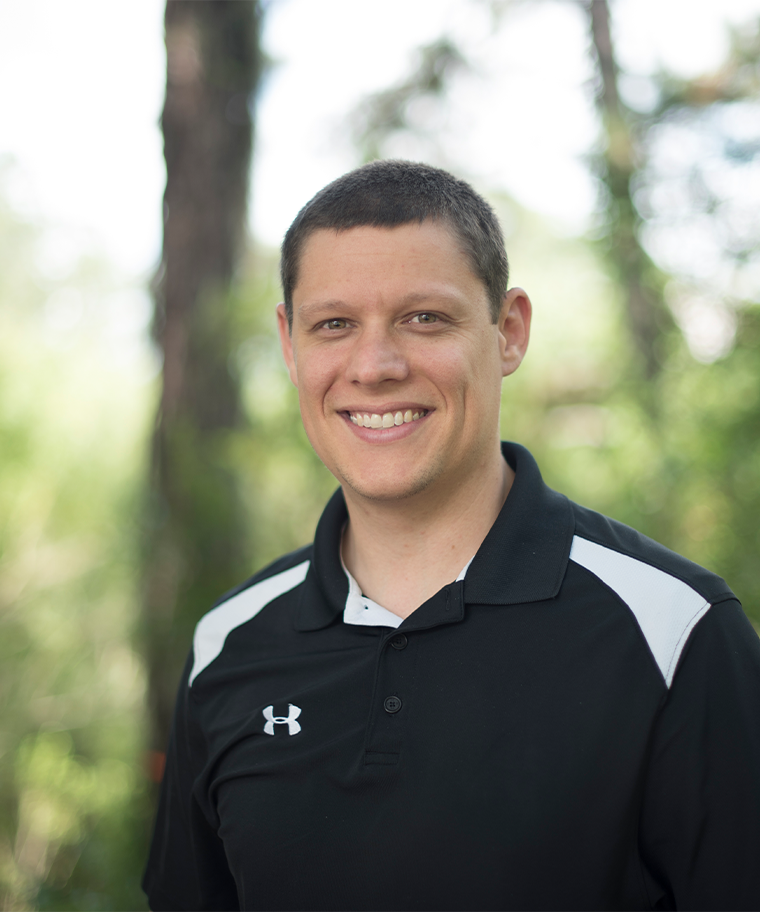
Cameron Jack
Apiculture Lecturer
Cameron Jack is the Apiculture Lecturer and Distance Education Coordinator for the Entomology and Nematology Department at the University of Florida. His main interest is to serve the beekeeping industry by providing practical solutions to beekeepers seeking to improve honey bee health. Currently, his research efforts are focused on honey bee epidemiology and toxicology. As often as possible, he tries to support undergraduate students with their research questions and ensure that they are conducting publishable studies that contribute to the overall body of scientific knowledge.

Chase Kimmel
Research entomologist
Dr. Chase Kimmel is a postdoctoral associate at the Florida Museum of Natural History. His main research interests revolve around insect conservation and investigating how different land management practices impact the pollinator/flower-visiting insect community. Currently, his research is examining the distribution, ecology, and habitat requirements of the blue calamintha bee (Osmia calaminthae), a very rare bee that is only known to occur on the southern part of the Lake Wales Ridge in Florida.
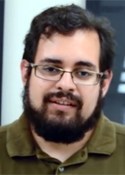
Tomas Bustamante
Software developer
